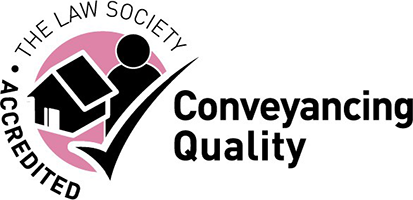“Keeping hold of Intellectual Property Rights (IPR) is increasingly challenging for innovative businesses. It must be taken very seriously”, advises DTM Legal specialist, Jim Morris.
Business Risks
Any business should take time to identify the different legal risks that could impact upon it. Investors, insurers, suppliers, creditors and the market could perceive a company to be risky if it does not have effective processes in place to monitor risk. One such risk is IPR.
Jim is head of dispute resolution at DTM Legal and ‘Top Tier Recommended Lawyer’ in the 2017 Legal 500. Jim has a wealth of experience in complex commercial litigation issues, including IPR. Working across both the firm’s Liverpool and Chester offices, Jim advises on a broad range of projects including brand protection for clients in various sectors.
Protecting your assets
Non-material assets, including brand names, trade secrets, internet domain names, and trademarks are increasingly becoming the most valuable asset of companies and organisations. It may be the case that what a company thought it owned in actual fact was owned by another.
IPR represent such a significant part of corporate value, it is now a key issue in the full range of corporate transactions and events, including acquisitions, divestments, investments, collaborations and financings. IPR will now often be the deal driver and the relevant issues need to be identified early on. Not having a signed agreement in place to protect your IPR is a common mistake that should be avoided.
Drafting intellectual property agreements should be carried out by experienced legal professional and this initial investment can save tens of thousands of pounds trying to recover, if indeed you can, what you believed you owned in the first place. To avoid risk it is worth ensuring that all IPR is properly assigned in a written agreement.
IPR Strategy
It is therefore important for a company to implement an IPR strategy. This strategy should consist of measures that are implemented and monitored to ensure that IPR are developed, exploited and respected in a manner that is consistent with, and adds to, its commercial goals and objectives.
Usually an IPR strategy consists of three stages: awareness and education; implementation; and governance.
The role and importance of IPR is changing at a rate that has never been seen before. This creates huge opportunities for companies that are prepared, and equally significant risks for those that are not.
As such companies that implement and maintain integrated IPR strategies will be best placed to benefit and respond to the changes that are taking place.
Is your IPR strategy in order?

For your IP health check contact Jim Morris on 0151 230 1213 or email jim.morris@dtmlegal.com






